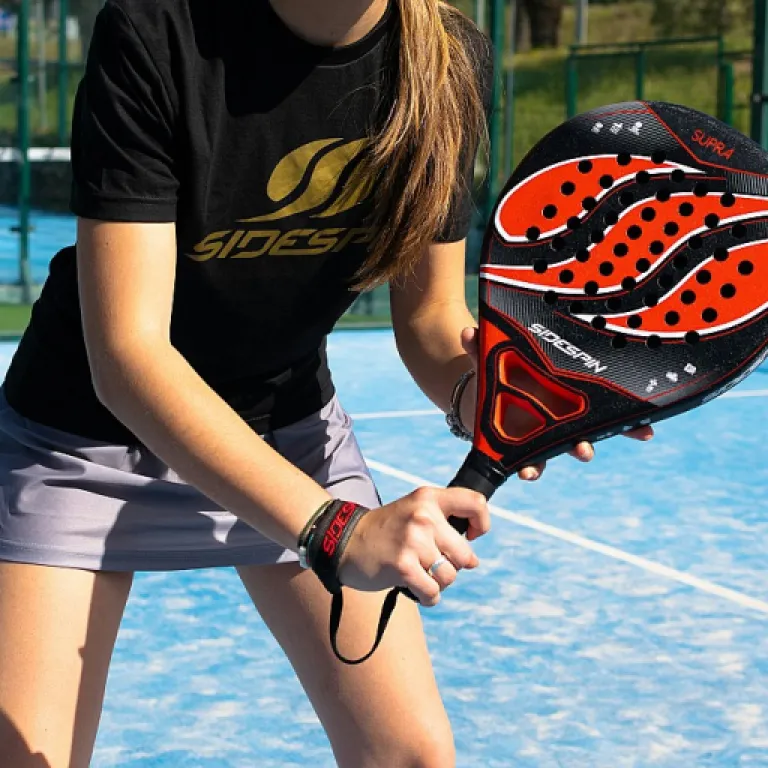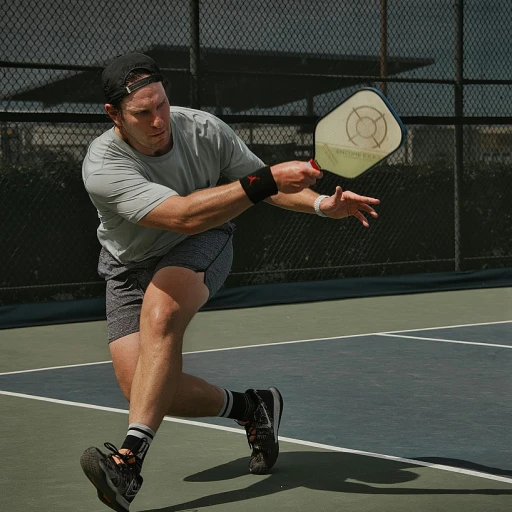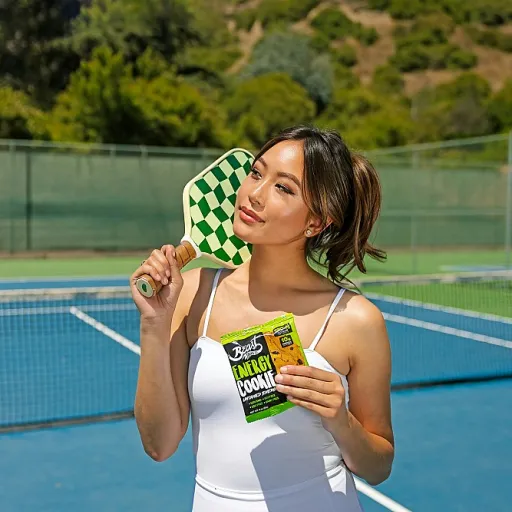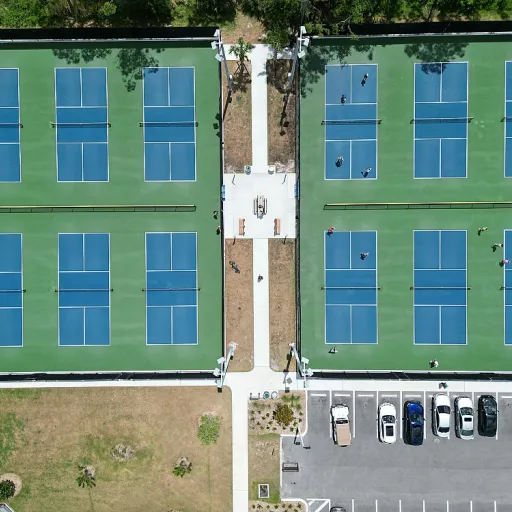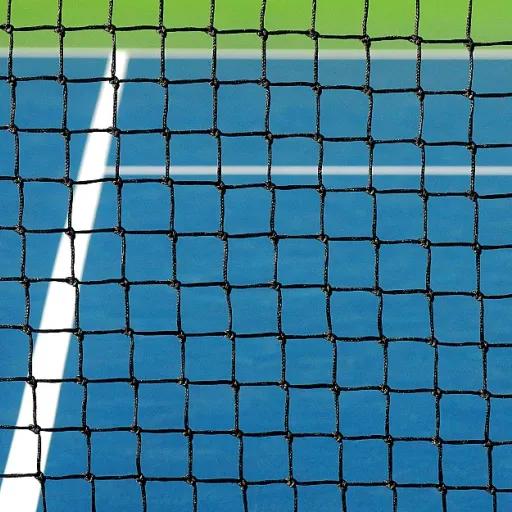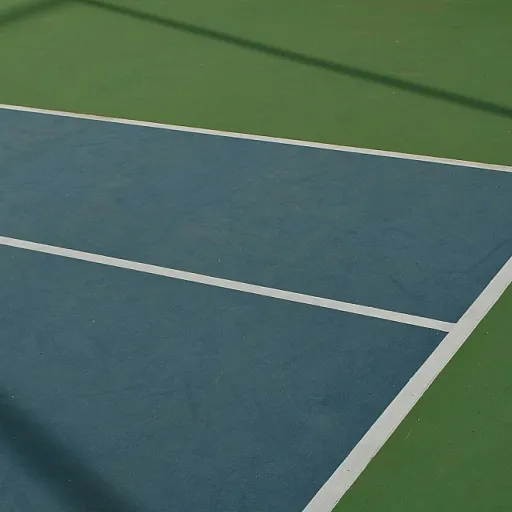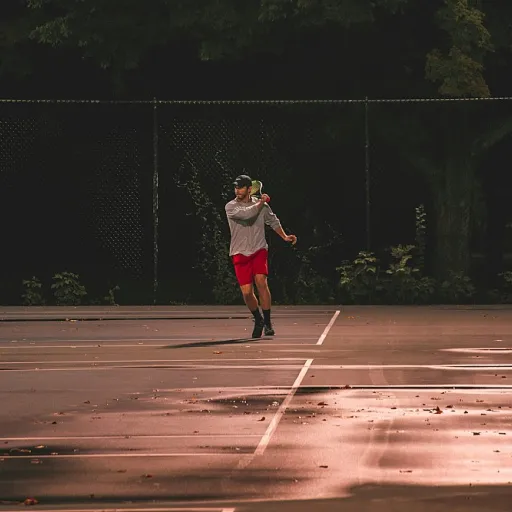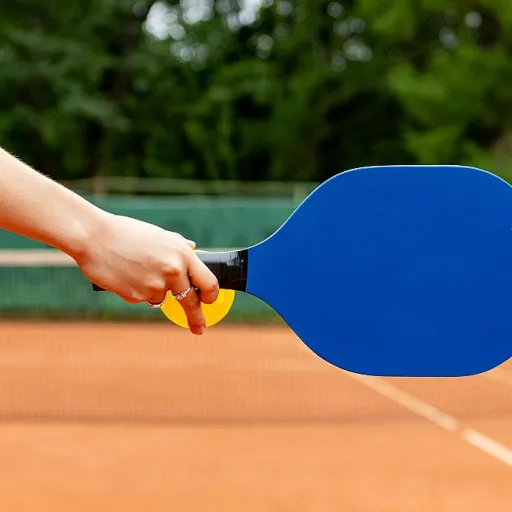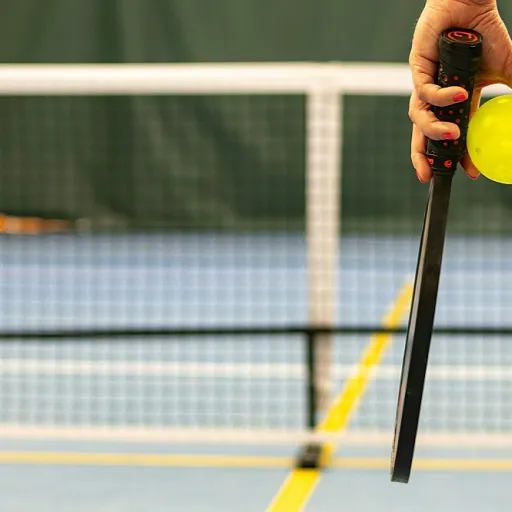
Understanding the basics of beginner pickleball clinics
How beginner pickleball clinics work
Beginner pickleball clinics are designed to help new players get comfortable on the court and learn the basics of the game. These clinics usually take place on weekends, with sessions often scheduled on Sat or Sun to accommodate busy schedules. Registration will typically open a few weeks before the clinic date, and spots can fill up quickly, especially for popular time slots. Some clubs offer open play times for members during the week, but beginner clinics are structured classes where you will receive focused instruction.
Most clinics are open to anyone interested in learning, whether you have never played pickleball or you have only played pickleball a few times. The class size is usually kept small so each player gets enough attention from the instructor. You may find both intro pickleball classes and beginner intermediate clinics, depending on your current skill level. If you are unsure which class to choose, look for a clinic that will teach the fundamentals and help you progress toward the intermediate level.
- Clinics are held on dedicated pickleball courts, either indoors or outdoors
- Registration open dates are announced in advance, and you may need to sign up online
- Some clubs offer private lessons in addition to group clinics for more personalized instruction
- Beginner clinics focus on building confidence and learning the rules of the game
- Most clinics are open to both members and non-members, but check the registration details
During the clinic, you will learn how to play pickleball, meet other new players, and get a feel for the group dynamic. The instructor will guide you through the basics, and you will have the chance to practice with other clinic people at your level. Over the course of several weeks, you can expect to build your skills and become more comfortable as a pickleball player.
If you are curious about how pickleball clinics fit into the broader world of pickleball education, you can explore the world of pickleball schools for more options and learning opportunities.
What to bring and how to prepare for your first clinic
Getting Ready for Your First Pickleball Clinic
Preparing for your first beginner pickleball clinic can make a big difference in your experience. Whether you registered for a sat or sun class, or you’re joining a weeknight session, a little planning goes a long way. Here’s what you need to know before you step onto the court.- Registration: Most clinics require registration in advance. Registration will often open a few weeks before the class, and spots can fill quickly, especially for popular intro pickleball sessions. Some clubs give priority to members, but many beginner clinics are open to all players. Double-check the registration open dates and confirm your spot early.
- What to Bring: You don’t need much to get started. Most clinics provide paddles and balls, but if you have your own, bring them along. Wear comfortable athletic clothing and court shoes with good grip. Bring a water bottle, as playing pickleball can be more active than you expect.
- Arrive Early: Arriving 10-15 minutes before your clinic gives you time to check in, meet other players, and get comfortable with the court. This is especially helpful if you’ve never played pickleball before or if you’re new to the facility.
- Know the Format: Beginner clinics usually start with a quick intro, followed by skill-building drills and some game play. You’ll learn the basics, but don’t worry if you’re not familiar with the rules yet. The instructor will teach you step by step.
- Open Play and Private Lessons: Some clinics offer open play time after class, giving you a chance to practice what you’ve learned. If you want more personalized attention, ask about private lessons or beginner intermediate sessions to keep improving.
Making the Most of Your Clinic Experience
- Be open to learning and don’t stress about mistakes. Everyone in beginner clinics is there to learn.
- Engage with other players. Many people sign up solo, so it’s a great way to meet new pickleball players.
- Ask questions if you’re unsure about a drill or rule. Instructors are there to help you build confidence and enjoy the game.
Common skills taught in beginner clinics
Essential Skills You Will Learn in Your First Clinic
Beginner pickleball clinics are designed to help new players build a strong foundation. Whether you have never played pickleball or have only tried open play a few times, these clinics will teach you the core skills needed to enjoy the game and progress to the intermediate level.
- Grip and Paddle Control: Instructors will show you how to hold the paddle correctly, which is crucial for control and comfort on the court. You will receive tips on adjusting your grip for different shots.
- Serving and Return of Serve: Clinics focus on the basics of serving, including stance, swing, and placement. You will practice returning serves, a key part of every game.
- Forehand and Backhand Strokes: Expect to learn the difference between forehand and backhand shots. Instructors will guide you through drills to help you hit the ball consistently over the net.
- Volley and Dinking: Many beginner clinics introduce the volley (hitting the ball before it bounces) and dinking (soft shots near the net). These skills are essential for playing pickleball at any level.
- Basic Court Positioning: Understanding where to stand during play is important. You will learn about the non-volley zone ("kitchen") and how to move with your partner during doubles games.
Most clinics run on sat or sun, and registration will often open a few weeks before the class. Members and non-members can usually sign up, but check if registration opens early for club members. Some clubs offer private lessons if you want extra help after your intro pickleball clinic.
During the week, you might also find open play sessions where you can practice what you learned in class. If you want to see how a club structures its beginner clinics and open play, check out this guide to the Bounce Pickleball Club in Malvern.
Remember, every player starts as a beginner. The skills you learn in your first clinic will help you feel more confident and prepared for your next steps on the court.
Navigating group dynamics and making connections
Building Connections on the Court
When you join a beginner pickleball clinic, you are not just there to learn the game—you are also stepping into a community. Many clinics, whether held on a sat or sun, attract players who are new to the sport and eager to connect. The open, welcoming atmosphere is ideal for making friends and finding future partners for open play or even private lessons.
- Group Activities: Most clinics will teach you through group drills and mini-games. This format encourages interaction and teamwork, helping you get comfortable with other players.
- Rotating Partners: You will likely rotate partners during the class. This gives you the chance to play pickleball with different skill levels and personalities, which is valuable for both learning and building confidence.
- Supportive Environment: Beginner clinics are designed to be supportive. Everyone is there to learn, so don’t worry if you make mistakes. Other players and instructors understand that this is part of the process.
- Opportunities Beyond the Clinic: Many clubs offer open play sessions during the week, and registration will often be open to clinic members. This is a great way to continue practicing and meeting new pickleball players.
Making the Most of Group Dynamics
Being proactive helps you get the most out of your clinic experience. Introduce yourself to other players before the class starts. Ask questions during drills, and don’t hesitate to offer encouragement to others. If you are interested in more structured learning, ask about intermediate level clinics or private lessons. Registration opens for these sessions at different times, so staying informed will help you plan your next steps.
Remember, the connections you make during your intro pickleball clinic can lead to lasting friendships and more opportunities to play. Whether you are looking to join a weekly game, sign up for another class, or just find someone to practice with, the relationships you build now will support your journey as a pickleball player.
Overcoming challenges and building confidence
Staying Positive When Learning Feels Tough
Pickleball clinics are designed to help every beginner player, but it's normal to face challenges as you learn. You might feel nervous about joining a group, or worry about making mistakes on the court. Remember, everyone in the clinic is there to learn, and most players have felt the same way at some point.- It's common to miss shots or forget the rules during your first weeks. The instructors will teach you at a comfortable pace, and you will receive feedback to help you improve.
- If you find a skill difficult, ask questions during class. Most clinics encourage open communication, and your question might help other players too.
- Try to play pickleball outside of class during open play times. Practicing what you learn in the clinic will build your confidence and help you feel more comfortable with the game.
Building Confidence Through Practice and Support
The more you play, the more your confidence will grow. Many beginner clinics offer opportunities for extra practice, such as open play sessions or private lessons for members. Registration for these sessions is usually open to all clinic people, and you can sign up for additional classes as your schedule allows.- Celebrate small wins, like learning to serve or keeping the ball in play for longer rallies.
- Connect with other players in your clinic. Sharing your experiences and supporting each other can make the learning process more enjoyable.
- If you feel ready, try joining a beginner intermediate or intermediate level class. Registration will open for new sessions each week, and advancing at your own pace is part of the journey.
Next steps after your first clinic experience
Exploring Your Options After Your First Clinic
After attending your first beginner pickleball clinic, you might be wondering what comes next. The journey does not end with just one class. Many players find that the real growth happens when they continue to play pickleball regularly and seek out new learning opportunities.- Open Play Sessions: Most clubs and community centers offer open play times, often on sat or sun. These sessions are a great way to meet other players, practice what you learned in your clinic, and experience different styles of play. Registration will sometimes be required, especially for popular time slots.
- Join as a Member: If you enjoyed your intro pickleball clinic, consider becoming a member at your local facility. Members often receive early registration for clinics, discounted court time, and access to exclusive events.
- Intermediate and Advanced Clinics: As you gain confidence, look for beginner intermediate or intermediate level clinics. These classes will teach more advanced strategies and help you refine your skills.
- Private Lessons: For more personalized instruction, private lessons are an excellent way to focus on specific areas of your game. Many instructors offer one-on-one or small group sessions.
- Weekly Practice: Set aside time each week to play pickleball, either with friends from your clinic or during open play. Consistent practice is key to improvement.

